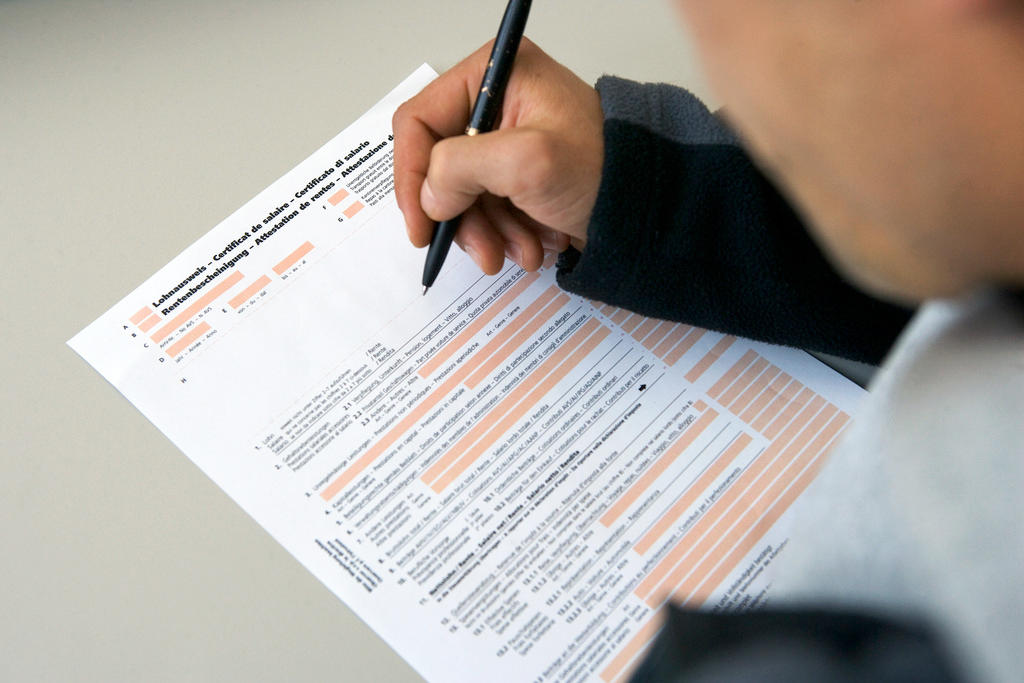
Switzerland retains top spot in global wealth ranking

Despite a slight decline in fortunes, the Swiss still enjoy the highest mean wealth per adult, according to the 2018 Credit Suisse Global Wealth Report.
The reportExternal link, released on Thursday, estimated the average fortune of a Swiss adult to be $530,240 (CHF527,707) compared to $537,600 the previous year. The Alpine nation still comes out on top, followed by Australia ($411,060) and the United States ($403,970).
Measured in Swiss francs, household wealth rose 39% since 2000 (129% in dollars, largely due to appreciation of the Swiss franc against the dollar). Home to just 0.1% of the world’s population, Switzerland accounts for 1.8% of the top 1% of global wealth holders. Over 60% of Swiss adults have assets worth more than $100,000. It terms of rich individuals, 11% of Swiss residents are US dollar millionaires, 2,650 qualify as ultra-high net worth individuals (over $50 million), and 980 have a net worth in excess of $100 million.

Behind the bucks
Financial assets make up 56% of gross wealth in Switzerland, which is more than in the UK, but less than in some other well-off countries like Japan or the US. However, the Swiss have one of the highest absolute debt levels in the world at $138,810 per adult. Switzerland is also a leader among the richest countries when it comes to wealth inequality.
“Among the ten countries with long series of wealth distribution, Switzerland is alone in having seen no significant reduction in wealth inequality over any subperiod of the past century,” said the report.
This has an effect if one considers the median instead of mean wealth: Switzerland (at $183,340) is beaten to second place by Australia ($191,450).

More
How much do Swiss people earn in 2018?

In compliance with the JTI standards
More: SWI swissinfo.ch certified by the Journalism Trust Initiative

























You can find an overview of ongoing debates with our journalists here . Please join us!
If you want to start a conversation about a topic raised in this article or want to report factual errors, email us at english@swissinfo.ch.